
Can Bearded Dragons Eat Grapes? Top 10 Types of feeds
Can Bearded Dragons Eat Grapes?
Can Bearded Dragons Eat Grapes? While they do love grapes, it is important not to feed them too much. If you can’t resist, try to buy a few and give your dragon a taste. However, you should avoid adding additives to their food, so they won’t become accustomed to the taste.
A 150-gram serving has 2.8g of fiber, which is higher than many other vegetables and fruits. The high fiber content is very helpful in keeping your dragon regular and healthy. So, it is a good idea to keep some grapes in your bearded dragon’s cage.
When you want to feed your beardie dragon grapes, make sure that you remove any seeds and peel them thoroughly. During the feeding, it is important to check for any weeds and berries. You should also keep their water clean. You should also make sure that their food is free from pesticides. This way, you can be sure that their food is safe for them.
How often should the bearded dragon eat grapes?
This is because grapes contain seeds that are difficult to digest. Those seeds may clog its digestive system and result in impaction. Alternatively, you can remove the seeds yourself before feeding your beardie. It is important to thoroughly wash the grapes before feeding your beardie. If the grapes are still cold, wait until they are at room temperature before feeding them to avoid them spoiling in the bearded dragon’s stomach. You can feed your beardie grapes in a variety of ways, including mixing them with other vegetables. Grapes also contain potassium, which helps control blood pressure. In addition to these nutrients, grapes are high in vitamins and dietary fiber. You should offer your beardie grapes at least once a week. For the best results, offer half a grape per bowl of greens. Although bearded dragons can digest green grapes, they should not be fed grapes with seeds. Grapes contain oxalates, which prevent beardies from absorbing calcium. If your beardie eats too many grapes, it can suffer from metabolic bone disease, which causes deformed bones and is not curable.

Can Bearded Dragons Eat Carrots?
Carrots are beneficial for your bearded dragon because they provide a variety of nutrients including vitamins and minerals. Your beardie will appreciate the high-fiber content and vibrant color of a healthy carrot. If you are worried about how much carrots your beardie should ingest, be sure to ask your vet.
In addition to enhancing your beardie’s health, carrots also provide your reptile with a source of natural sugar. Since they contain almost 90% water, carrots are a refreshing treat for warm climates. However, they also contain more than 60% sugar, which can cause digestive problems. Fortunately, carrots are a great source of energy and can even boost your beardie’s immune system.
The first thing to remember when feeding carrots to your beardie is to wash and peel them thoroughly before giving them to your reptile. While some people suggest that they should never feed their pets raw carrots, this is not true for bearded dragons. You should only feed your pet a single or two pieces of carrots per week. This is because carrots are not a natural food for beardie and can cause health problems.

Can Bearded Dragons Eat Broccoli?
Broccoli is a healthy and tasty veggie that can be eaten raw in salads or sliced into sticks for dipping.
Bearded dragons need to eat a variety of fiber-rich foods in order to maintain a healthy digestive system and stay healthy. Just one cup of raw broccoli has five to 10 percent fiber, which will help keep colon cells strong and support proper digestion. Always feed your beardie the raw version of veggies, because cooking reduces the nutritional value. You can’t feed him broccoli that’s been boiled.
Providing broccoli to your beardie is not the same as feeding it a regular diet, and it may cause complications. First, remove any dirt or insects from the broccoli, and wipe it dry with a clean tea towel. Don’t give your beardie any pieces that have become soggy or spoiled.

Can Bearded Dragons Eat Kale?
While kale is one of the more nutritious vegetables, it is not a good staple food. It contains oxalates and goitrogens, which can cause toxicity. Too much vitamin A is fatal for a dragon and causes a condition called hypervitaminosis A. Furthermore, oxalates are toxic to beardies, and are found in abundance in foods like broccoli and spinach.
For a healthy diet, kale is recommended for bearded dragons, as it contains a high amount of calcium. Your beardie needs plenty of calcium to grow strong and vibrant. It also has low amounts of phosphorus, which is not beneficial for the health of its skin and hair. Moreover, kale does not contain oxalates, which are dangerous to bearded dragons.
Although bearded dragons can eat kale, it is better to add it to their diets only occasionally. They rely on live insects and other vegetables as their main staples, and this type of diet has more nutrients than kale. Collard greens are another popular vegetable for bearded dragons. But you should avoid feeding your beardie too much. If you give it too much, it will cause digestive problems.

Can Bearded Dragons Eat Cilantro?
This vegetable is a great source of vitamins A and C. But it’s important to note that you shouldn’t give your dragon too much of it. Fresh cilantro will provide plenty of benefits for your Beardie.
The best way to give your beardie some cilantro is to chop the leaves into small pieces and feed them a little at a time. Remember to cut off the stems and hulls to avoid any choking hazard. It’s important to know that some of these ingredients can be indigestible for your dragon, and the seeds are called coriander. Even if you don’t give your beardie cilantro on a regular basis, be sure to monitor its intake and eliminate any excess.
While it’s perfectly safe to feed your beardie cilantro, it’s important to know how much to feed. You can only feed your beardie 5-8 stalks of cilantro per day. But, don’t feed them cilantro on its own, as it can cause dehydration. Because of the high concentration of vitamin A in cilantro, too much can cause health issues.

Can Bearded Dragons Eat Raspberries?
If you have a bearded dragon, one of the foods you can introduce into its diet is raspberries. These tasty fruits are very healthy for your bearded dragon, and if they are properly prepared, they can be a great source of fiber. However, you should make sure not to overfeed your beardie on raspberries, as it can lead to digestive issues and even obesity. Therefore, it is best to offer a small amount of raspberries to your pet every few weeks or so to ensure that they get the right amount of nutrition and avoid any health risks.
A common misconception about bearded dragons and raspberries is that they can’t eat them. However, they can eat apples and other common fruits, provided they are prepared in a specific manner. While fresh fruit isn’t a major part of a regular diet, a beardie can still benefit from the occasional serving of a piece of fruit. This is because beardies have a strong sweet tooth, and they enjoy eating fruit.
But you don’t want to give them raspberries every day. The sweet, soft texture of raspberries is something that bearded dragons love. Just be sure to give your pet a treat once every few weeks, but don’t overdo it, as this can lead to digestive issues and deprivation of more nutritious food.
Can Bearded Dragons Eat Cabbage?
Unlike other pets, beardeds can tolerate small amounts of a variety of vegetables, including cabbage. While it is not recommended for all types of reptiles, some species are more suitable for use as food than others. Below, you’ll find information on the pros and cons of cabbage for bearded dragons.
Although it might sound odd at first, you can give your bearded dragon some cabbage. However, it is best to keep it away from the stalks as it can cause watery poop and diarrhea, which is bad for your beardie’s health. Instead, provide only the leaves, and cut them into pieces so your beardie can eat them. In addition to red cabbage, green cabbage is another option, but it is less nutritious than red.
It is important to note that cabbage has a high calcium-to-phosphorus content, making it a fantastic choice for your beardie. It is also low-fat and contains only a small amount of cholesterol. Just be sure to monitor your beardie’s blood sugar levels closely. If your beardie starts to show signs of diabetes or high blood pressure, try feeding him with cabbage in moderation.

Can Bearded Dragons Eat Arugula?
For starters, you must provide a bowl of clean water for your dragon in its terrarium. You should also provide high-quality greens, which are high in water. Arugula is especially useful for beardeds because it is a high-water-content green.
Arugula comes in two varieties, baby and mature. The baby type contains smaller and tenderer leaves with a pungent flavor. Its taste is milder than the mature one, but arugula leaves are tougher and have a stronger flavor. Despite its bitterness, arugula is a safe option for your pet.
Although arugula is not the healthiest option for beardied dragons, it is high in calcium and other nutrients. Arugula is also rich in fiber, which helps your beardie’s digestive tract function properly. And arugula has a high water content, which helps your pet stay hydrated.
Arugula is an excellent choice for beardie diet. Ensure that there is no water left in the arugula, as most reptiles cannot eat watery foods. You should also be careful when selecting iceberg lettuce, which is another green vegetable. Sadly, iceberg lettuces have a low-quality soil and contain little iron and calcium. Nonetheless, it is an ideal food for beardie owners.
Can Bearded Dragons Eat Blackberries?
They don’t need a high-sugar diet, but they can benefit from a low-sugar diet to help lower their risk of obesity, blood pressure problems, and heart failure. Also, blackberries are high in antioxidants and vitamin C, which helps the dragon’s body combat harmful oxidants. This prevents the oxidants from attaching to dangerous molecules and neutralizes them.
However, you should remember that fruits are not the only thing that bearded dragons can eat. The same applies to blackberries. These berries are high in sugar, which is bad for reptiles. If you feed your beardie a blackberry that contains sugar, it may cause diarrhea or other stomach upset. In addition, too much sugar in a diet can cause blood pressure problems in beardies.
You can offer blackberries to your beardie only once a month, or mix them with other vegetables and fruits to give your pet the nutrition they need. This way, it will get a fuller, healthier meal. If you want to provide your beardie with a wide range of food, mix it with greens and fruit for a more varied diet. By mixing blackberries and greens, you can give your pet a balanced diet.
Can Bearded Dragons Eat Parsley?
You can give your bearded dragon parsley in small amounts, preferably only about one tablespoon per week. However, you should avoid giving your beardie too much parsley, since it may result in choking or diarrhea. You can also feed your beardie carnation petals, worms, and other veggies.
If you have a large number of bearded dragons, you can give them a small amount of parsley to help their digestion. To avoid these issues, it is best to start by giving your beardie a small amount of parsley, and gradually increase the amount. It is also important to remember that parsley is a great source of vitamin C for beardie dragons, but it is important to keep the amount to a reasonable level.
You can also add parsley to your beardie’s greens. Just make sure that you mix it with vegetables so that the leaves don’t become too fibrous. The stems are a choking hazard. You should also avoid giving your beardie flakes of parsley, which are usually preservatives and other elements. They can also be harmful for your beardie if they ingest them regularly.
Can Bearded Dragons Eat Green Beans?
You can introduce green beans to your bearded dragon through salads or as an individual serving. It’s best to make sure that they are fresh and free of chemicals, as overfeeding them can lead to more waste and cleaning. Whenever possible, keep green beans out of reach of your beardie, or they may become hyperactive and attempt to escape the cage. Young beardies need a shallow dish to eat from, and it’s best to remove it completely after feeding.
The best way to provide fresh plant matter for your beardie is to drown it in water, which is safe for both the dragon and you. You can also offer it lima beans or chopped green beans. Be sure to use smaller greens than the large ones, as these are less likely to be stringy and woody. Additionally, green beans contain plenty of calcium, which will help keep your beardie healthy.
Remember to wash them and chop them properly. However, don’t rely on green beans alone as your pet’s diet. When choosing vegetables, pay attention to their vitamin content. Similarly, if you’re feeding them for their own health, you’ll want to choose foods that are beneficial for your beardie.
Can Bearded Dragons Eat Eggs?
No, but they can get a few nutrients from them. Depending on the type of egg you give them, they may enjoy eating both hard-boiled and poached. Always thoroughly check the eggs before allowing them to eat them. They should be cooked or whisked before being fed to your pet. Moreover, you should ensure that they come from free range grass-fed chickens.
While the protein in eggs is not dangerous to beardie dragons, overfeeding can cause health problems, including fatty liver disease. To avoid fatty liver disease, it is best to only give half an egg to your pet. As for the quantity, the only rule is that it should not be more than half an entire egg at a time.
In order to avoid bacteria, give your beardie some raw eggs instead of scrambled eggs. Remember that beardie’s eggshell is an excellent source of bacteria. A few minutes of cooking time is all that’s required. A small portion of an egg will be fine, and you can serve them alongside a variety of vegetables for added nutrition.
Can Bearded Dragons Eat Zucchini?
The seeds, which contain cyanide, are a choking hazard for dragons. In addition to this, you should also scrub it clean to remove pesticide residue and other harmful chemicals. While it’s best to leave the skin on zucchini, it’s also best to cut it up into small pieces. The seeds are dangerous because they can easily suffocate your beardie. Remember that you should only give your beardie two or three pieces of zucchini at a time.
While zucchini contains a small amount of calcium, it is not rich in the mineral. A proper diet for your beardie should consist of three types of greens: lettuce, spinach, and cucumber. If you’re still unsure about whether your dragon can eat zucchini, don’t worry. It’s perfectly safe to introduce it on a weekly basis.
However, zucchini doesn’t make an ideal diet for beardies, and there are many risks. The first is the phosphorus content. Zucchini contains a lot of phosphorus, which is very bad for young reptiles. Your beardie needs a diet high in protein, and this isn’t the case with zucchini.
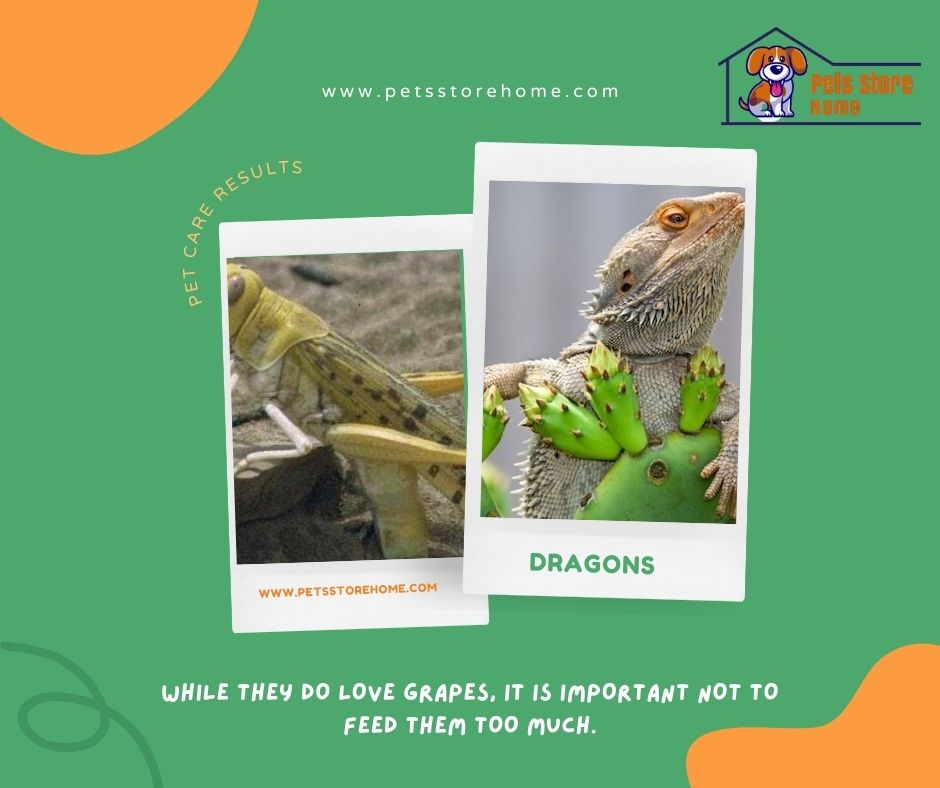
Can Bearded Dragons Eat Peaches?
You can also make a sliced version of peaches and serve it to your beardie as a treat. The pit should be removed, as it can cause diarrhoea.
Peaches can be a nutritious treat for your beardie. They’re high in vitamin C, folate, potassium, and fiber, which is great for your pets’ diet. They’ll even appreciate the taste of kiwi, as it is similar to the taste of human fruit. However, you need to make sure the fruit is peeled or chopped to prevent any problems. They belong to the family Cucurbitaceae and are safe for them to eat.
Make sure to remove the pit before feeding them to your beardie. You can also try preparing peaches for your pet by cutting them into small pieces. Alternatively, you can peel and dice them, but be sure to use canned or boiled peaches.
Can Bearded Dragons Eat Basil?
However, you must remember that it is not a staple food, and overfeeding it may cause health issues. Fresh basil is the best choice, as it is less concentrated in nutrients and can contain undesirable materials. Moreover, dried basil can also be difficult to regulate for bearded dragon owners.
It’s best to introduce it in moderation, and check with your vet if your dragon is sensitive to it. In addition to basil’s many benefits, it is high in protein and fat.
While basil is not recommended for your beardie, it is a good way to vary their diet. You can plant basil seeds in a window sill or back garden and feed your beardie with unlimited amounts of this wonderful herb. The best way to start offering your dragon fresh basil is to give them a small amount at a time, and you can always increase the servings over time.
Can Bearded Dragons Eat Corn?
Yes, but it should be a special treat and not a regular diet for the lizard. Despite their peaceful nature, bearded dragons are extremely aggressive and can bite if provoked. A bite from a beardie can cause a mild injury and can also lead to infection. Their natural predators include large goannas, dingoes, and birds of prey.
To avoid this disease, it is important to provide your beardie with diet rich in calcium and phosphorus. Corns contain high amounts of phosphorus, which is bad for the dragon’s bones. If it gets metabolic bone disease, the animal could eventually die. Fortunately, corn contains a small amount of both.
While it’s a high-calorie food, corn is a good source of protein. In addition, it provides your beardie with a small amount of folate, a vital vitamin that helps the animal’s immune system function. And because corn is a fiber-rich food, it helps keep the dragon’s digestive system working properly. It also helps keep the dragon healthy, so it’s not a problem.
In addition to corn being high in phosphorus, it also contains a low amount of calcium. Because of its high content of phosphorus, corn is not a good choice as a regular diet for bearded dragons. Nevertheless, some breeders recommend feeding it sparingly, once or twice a month.
Can Bearded Dragons Eat Collard Greens?
Collard greens are a tasty and nutritious treat for beardies. However, collard greens should be thoroughly washed before serving to reduce the risk of bacteria and other diseases. Also, collards can be quite heavy if you serve them raw, so make sure they are chopped into manageable pieces.
Collard greens can be easily prepared for your pet. They are available in several forms. The leaves are soft and absorbent, and their fiber and water content make them an excellent addition to your diet. Ensure you feed your pet a variety of greens for optimum health and vitality.
Collard greens are best fed as a raw food. It is best to chop the leaves into thin strips or uniform pieces for your beardie. Pureed greens are even better because they don’t cause the risk of choking on the food. Lastly, make sure that your beardie is eating a good variety of vegetables and not just one or two. When giving your dragon collard greens, be sure to give it at least twice a week.
Can Bearded Dragons Eat Cauliflower?
You should only feed your dragon the white heart part of a whole head of cauliflower. You can also give them the fibrous stems and mix it with other veggies. However, you should avoid feeding them large quantities of cauliflower. It contains less calcium than other vegetables. It is best to mix it with other veggies and only feed it in small amounts.
Regardless of its nutritional value, cauliflower can be fed to your beardie in moderation. The vegetable contains high amounts of phosphorous and goitrogens, which can cause gastrointestinal upset and even death in your reptile. In addition, you should let it cool before giving your pet. But be careful not to overfeed your beardie with cauliflower. A small amount will do no harm. If you’re unsure of whether or not to feed your dragon cauliflower, make sure you let it cool completely first before you feed it.
Cauliflower can be fed to your beardie every day, but don’t feed it cooked. It will burn its mouth when eaten, so make sure it cools completely before feeding it to your beardie. It’s not recommended to feed your pet a cooked cauliflower, as it can cause the dragon to choke. If you’re feeding your beardie a raw head of cauliflower, it’s best to leave it in the refrigerator for a few hours.
Can Bearded Dragons Eat Bell Peppers?
Although bell peppers provide many beneficial nutrients to your pet, they are low in calcium. Compared to other vegetables, bell peppers provide only a few milligrams of calcium per 100 grams. In contrast, green bells are high in vitamin C and fiber, and can be fed to your bearded dragon in moderation.
It is important to remember that bell peppers are low in calcium, which is essential for the health and growth of a dragon. However, if you are not sure what foods your beardie should eat, you can always give them a small amount of these veggies. In addition to green vegetables, bell peppers can also be fed to baby beardies. While you should avoid giving your dragon too much, you should ensure a balanced diet with plenty of calcium-rich foods.
Bell peppers do contain calcium, but not a large amount, so don’t give your beardie too much of it. You should cut the peppers into small cubes and serve them in the appropriate bowl. Make sure that you prepare your food in small, diced portions to allow your dragon to easily consume it. Additionally, cooking your peppers can also make them more palatable and add a boost of nutrition.
Can Bearded Dragons Eat Cicadas?
Cicadas are a favorite food of the bearded dragon and can be easily handled by bearded dragon owners. Unlike other insects, however, cicadas have no fat, so they’re a healthy treat for your pet or animal. Be sure to consult the breeder’s food list for specific guidelines regarding what to feed your dragon. This article offers some tips for keeping your dragon healthy, from diet to feeding habits.
While you may be wondering how to feed your beardie a cicada, there are a few precautions you should follow. It’s best not to feed the insect in the wild, but instead, buy some at a pet store. It’s safe and healthy for your beardie, and it’ll get some much-needed vitamin C. Ensure that the insects are in a clean and dry environment. If you have a lawn, make sure you hose it off before feeding the cicada.
If you’re not sure whether your beardie can eat cicadas, you can try it. Just be sure to use your common sense and only feed them insects that are close to their eye size. If you’re worried about the cicada’s size, you can try to find it in the backyard or check a pet store.
Can Bearded Dragons Eat Grasshoppers?
You can provide your bearded dragon with live or dead grasshoppers. You should introduce live feeder insects into your lizard’s cage in the beginning. This will stimulate the lizard’s natural curiosity and lead to more playtime. You can also give your lizard dead feeder insects in a salad bowl. If you don’t have a cricket catcher, you can buy some from the pet store.
Grasshoppers are an excellent source of vitamin A for bearded dragons, which can enhance their vision. Additionally, grasshoppers are also a good source of omega-3 and -6 fatty acids. In addition, grasshoppers are a great way to provide your beardie with additional protein. If you’re not sure what type of grasshoppers to purchase, consult with your exotic veterinarian.
Grasshoppers are a good source of protein for beardies. You can hand feed them to build a bond with them and show them that you’re not a danger. As they get used to humans, they’ll begin to associate treats with positive associations. In addition, hiding dried grasshoppers around their enclosure can provide additional stimulation for your beardie. They’ll spend a lot of time chasing after these small, tasty insects.
You can offer grasshoppers to your beardie, but remember that the wings of grasshoppers can get caught in their teeth. While grasshoppers can be a great source of protein, you should only provide grasshoppers that you’ve purchased from a pet store or reputable online retailer. In the wild, you should not feed grasshoppers to bearded dragons because they are likely exposed to toxins and chemicals.
Can Bearded Dragons Eat Green Onion?
One question that pet owners frequently ask is can bearded dragons eat green onion? There are two basic reasons why this food is not good for beardie pets. First, they are high in acidity and have a low nutritional value. Second, these foods contain a high amount of water and do not have much value for the animal. So, if you’re wondering, can beardies eat green onions?
The second reason is that green onions are extremely acidic and can harm your beardie. The calcium-to-phosphorus ratio of onions is disproportionate, making them toxic for your reptile. As such, it is not a good food for beardies. Instead, you should provide a diet rich in vegetables and other plant matter. But, you must keep in mind that green onions have a low pH, which means that your pet dragon will have trouble digesting them.
Lastly, beardied dragons shouldn’t ingest green onions. They don’t need them and will eventually become malnourished if they eat them. This vegetable is high in calcium and can cause metabolic bone disease, which causes weak bones and behavioral issues. It’s better to leave them alone until you know a little more about their diet and the right way to provide them with that valuable mineral.
Can Bearded Dragons Eat Grass?
This popular pet is actually able to eat grass, but it must be fed in moderation and in limited amounts. Because their diet is comprised of mostly insects, they do not need a lot of plant matter. However, because grass is difficult for bearded dragons to digest, it can be tempting for them. This food can also contain excess calories. Chicken is not a safe food for bearded turtles, but it is not harmful if given in small quantities once or twice a month. Larger amounts of chicken may make your pet ill.
During playtime, you should let your beardie nibble on grass to keep them active and stimulate their natural behavior. You should also make sure not to let your beardie play in an area that has been treated with chemicals. If you find grass that has a chemical coating, you should not let your beardie play there. This could potentially poison your pet. Another reason why grass is not recommended for beardies is because it is hard for them to digest. In addition, most animals that eat grass have digestive systems that are designed to break down grass, so they do not have the same digestive system.
Moreover, you should also avoid feeding beardies with grass that is highly fibrous. If you notice that your beardie is not eating enough grass, consult a vet to help you with this issue. Insufficient nutrients can also lead to lethargy and lack of appetite. In addition, some organic foods may be toxic to beardies, so it’s better to give your beardie some other types of food.

Can Bearded Dragons Eat Radishes?
Whether you’re curious to know if your bearded dragon can eat radishes or not is entirely up to you. The good news is that radishes are one of the best foods to give your pet. You can even feed your pet grapevine leaves if you wish.
The greens of radish contain a high concentration of Vitamin A, but are not as nutritious as the actual radish. You can also try giving it a piece or two of radish leaves as a snack. You can also try feeding radish leaves to your beardie by hand, which will encourage him to eat them.
The tops of radishes can also be given to your beardie, and you can also mix them with other veggies. Remember to feed your beardie small amounts of radish greens, three times per month at most, and to wash them well to avoid parasites.
Can Bearded Dragons Eat Mealworms?
Providing food for your pet bearded dragon is not hard. The optimum time to give them mealworms is during the evening before the lights are turned off. Once you’ve purchased mealworms, you can place them in their habitat. Then, simply follow the feeding instructions provided on the packaging. Mealworms should be placed in the right area so your dragon can easily reach it.
Moreover, feeding your beardie only mealworms is not advisable, as the nutrients in them are not enough for your pet’s health. It is better to feed your beardie staple insects, such as crickets and waxworms, along with the mealworms.
Before feeding your Bearded Dragon mealworms, make sure to carefully inspect the food. Look for insects that have a thick exoskeleton. You can purchase a mealworm feeder from a reputable website online. To ensure your Beardie eats a healthy diet of mealworms, make sure to choose fresh mealworms.
Can Rabbits Eat Bok Choy?
How Long Do Gerbils Live?
Snapping Turtle Food.
White Maltese Dog.
Can French Bulldogs Swim?
Chinchillas as Pet
Can Guinea Pigs Eat Strawberries?
White German Shepherd Dog.
Are Hedgehogs Good Pets for Kids?
Blue Heeler German Shepherd.
Orange and White Cat Breed.
The Smallest Cat in The World.
When do Hamsters Hibernate?
Can Bearded Dragons Eat Bananas?
Best Pets for Apartments Living.









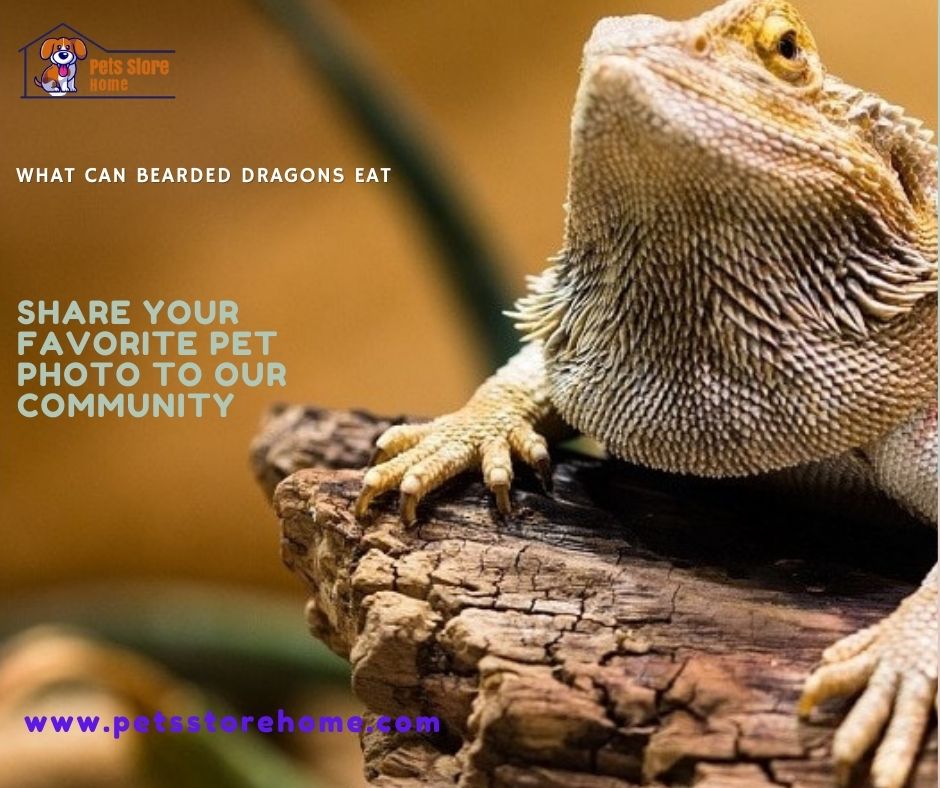

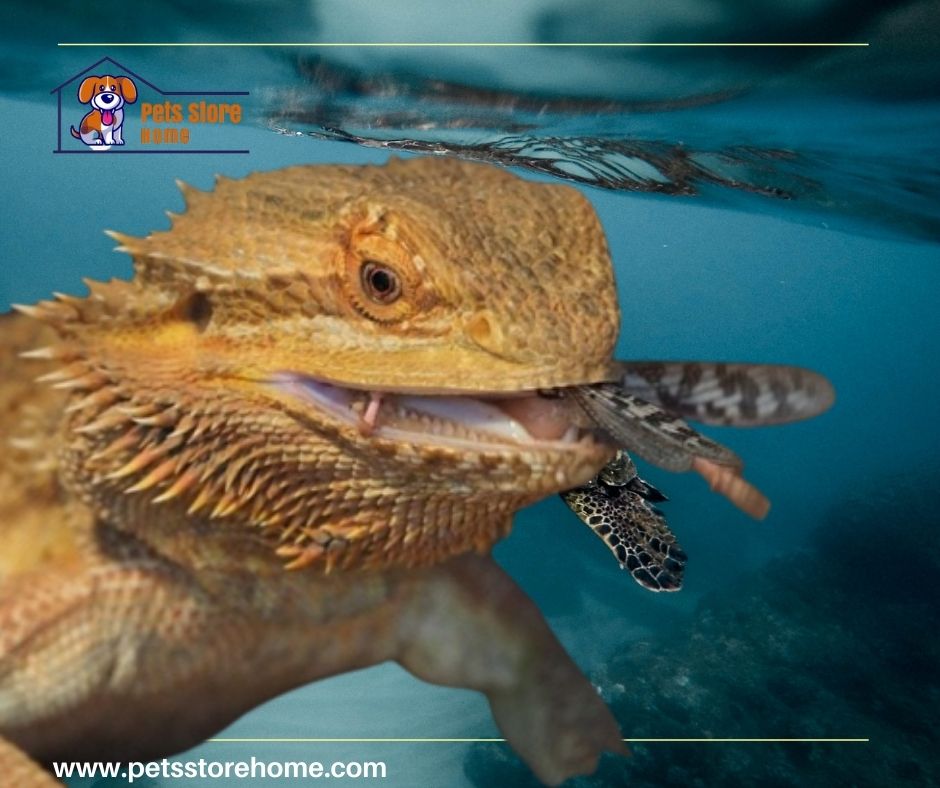

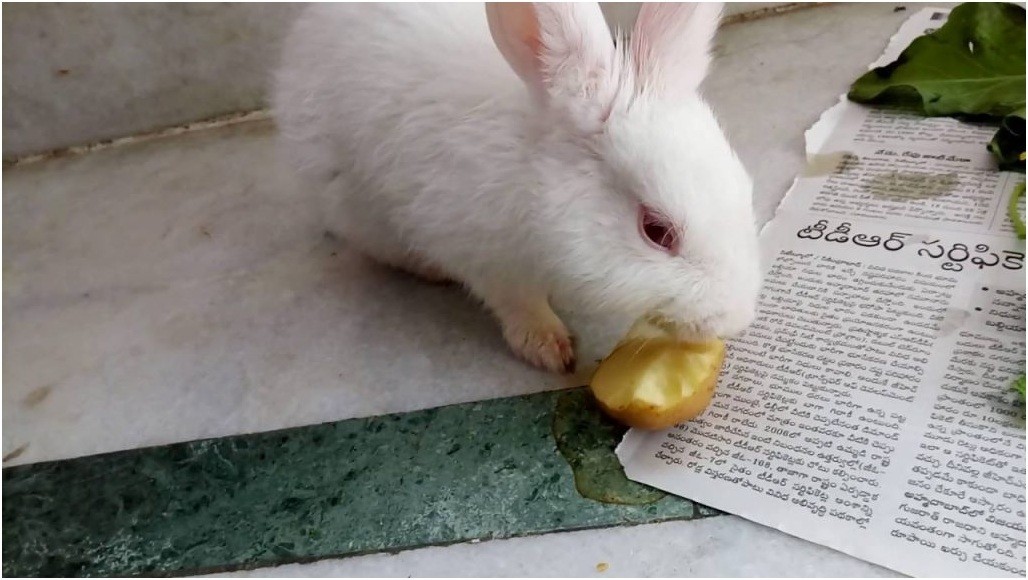

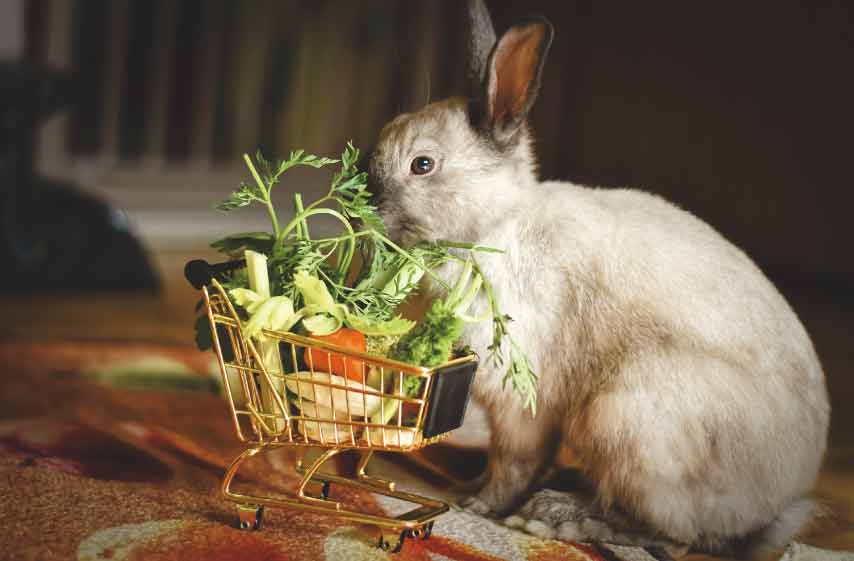

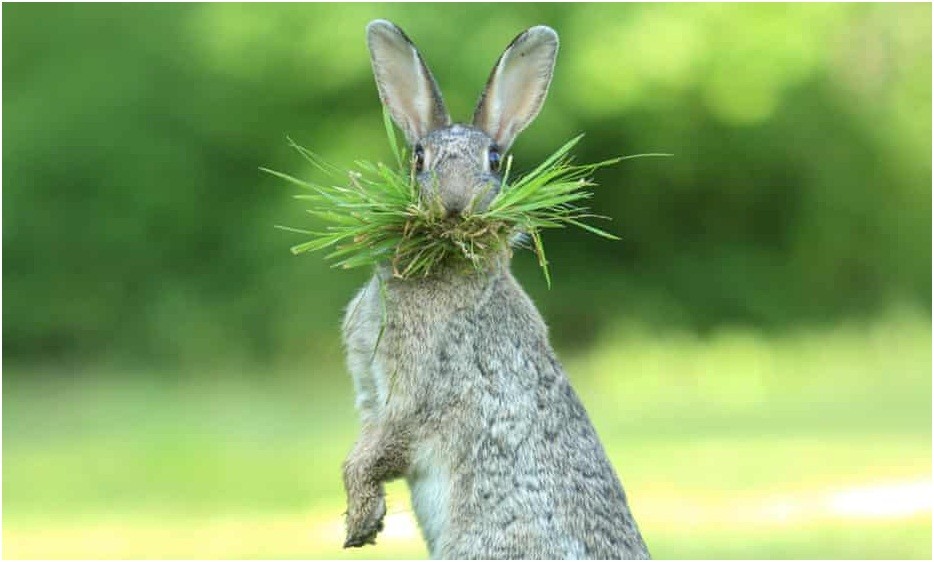





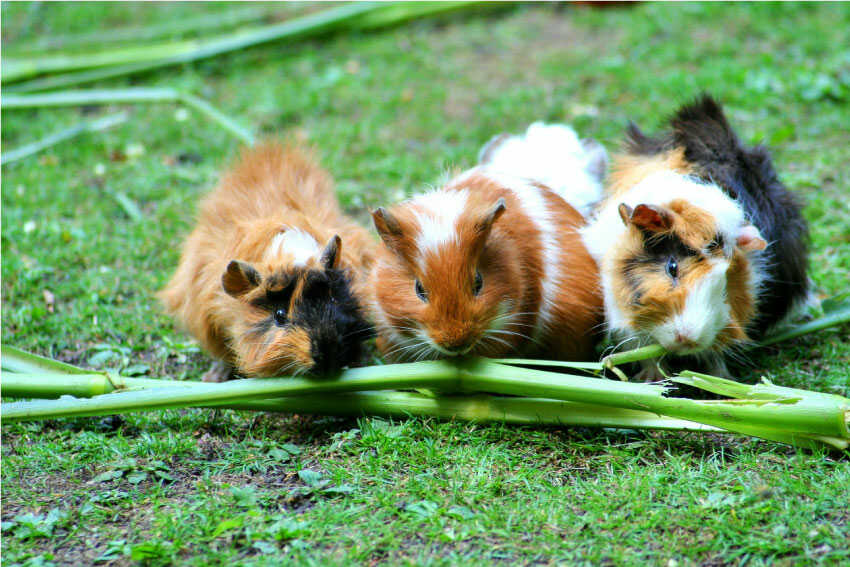
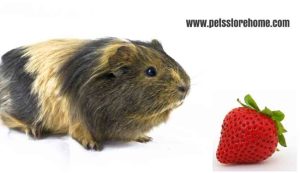

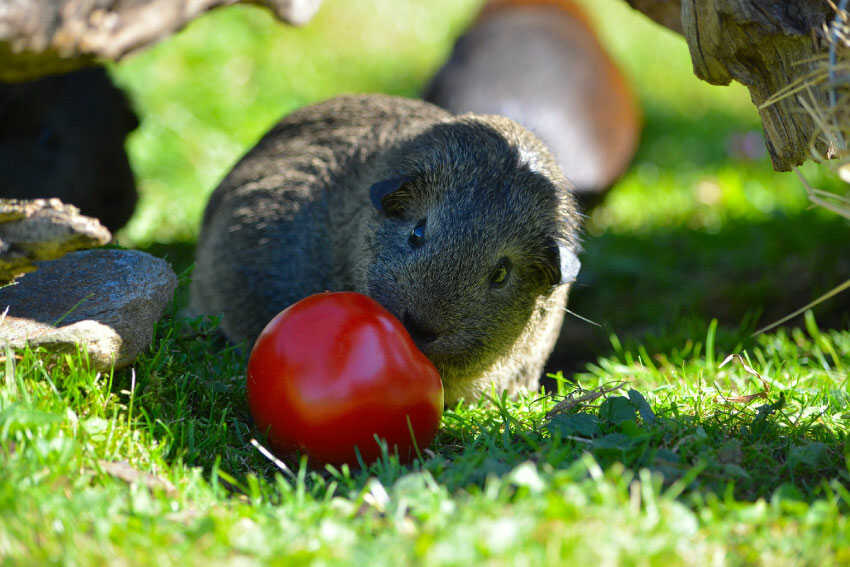
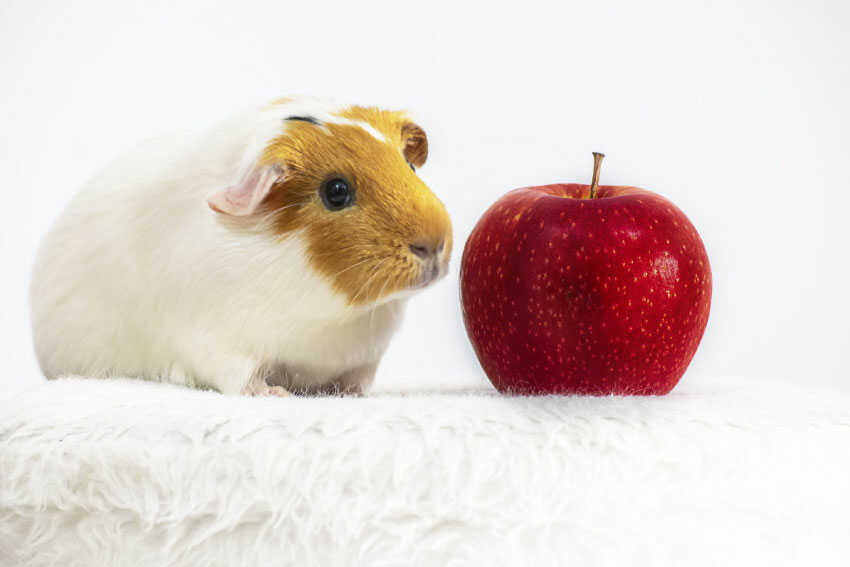
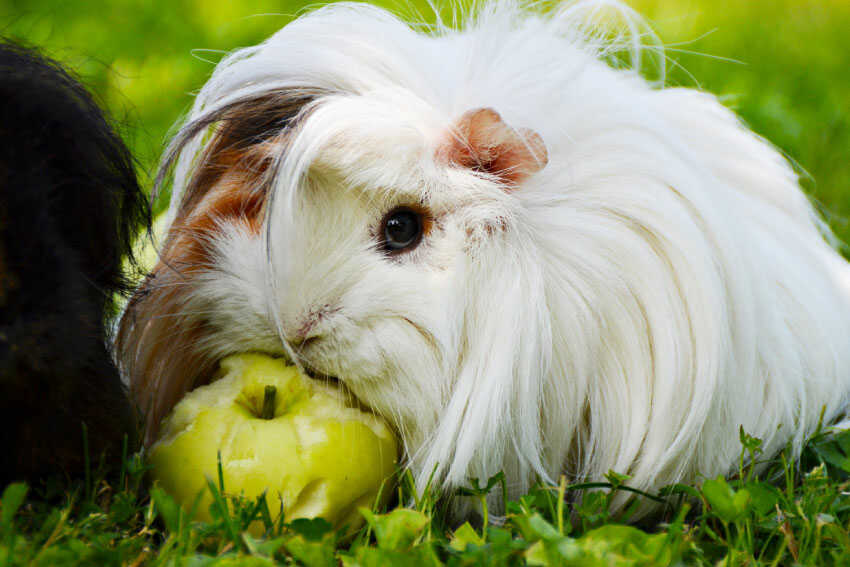
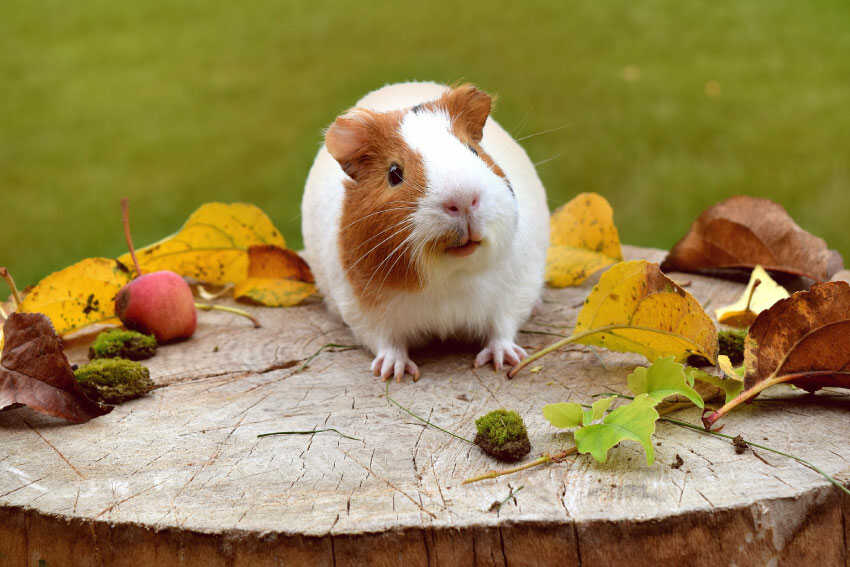
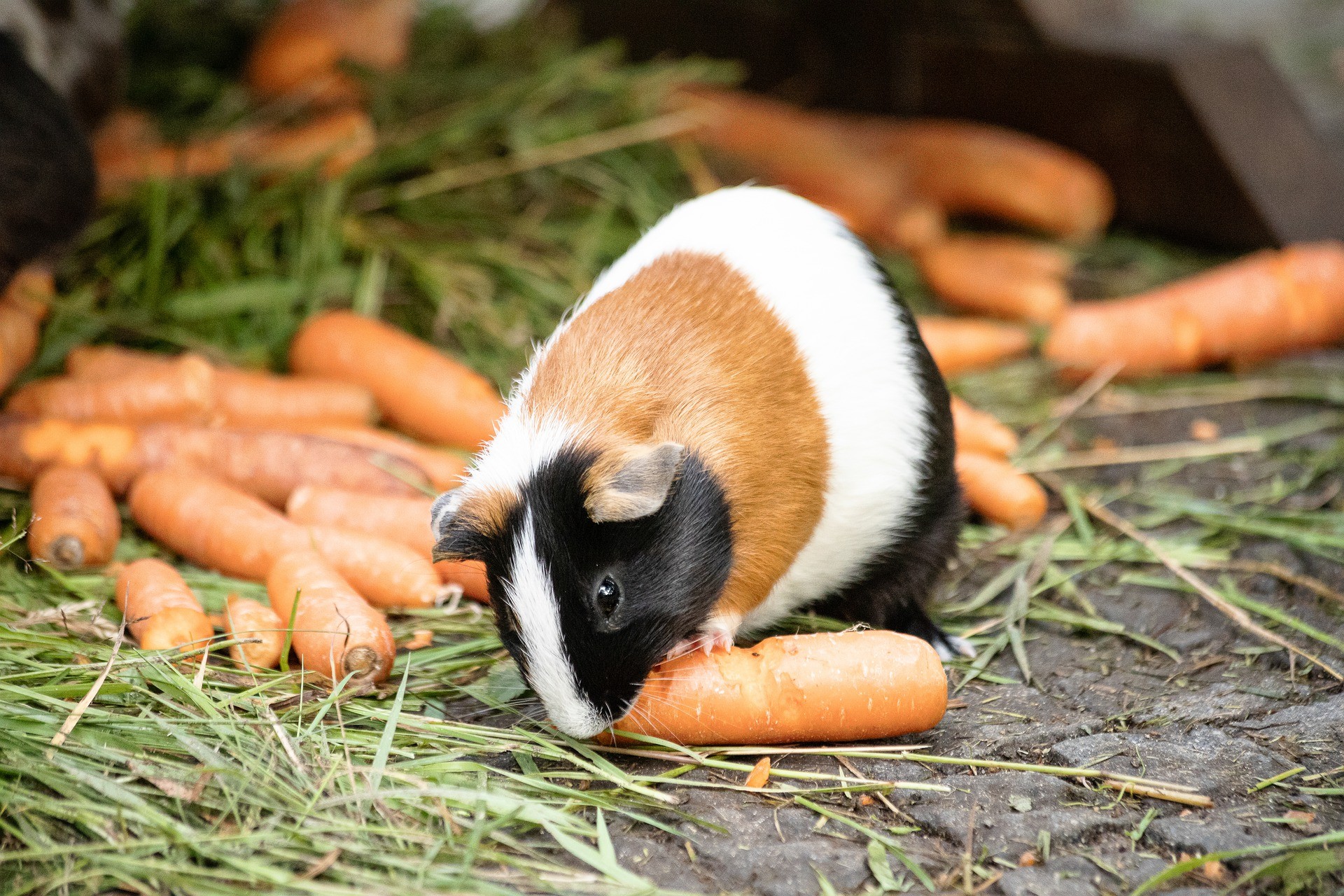
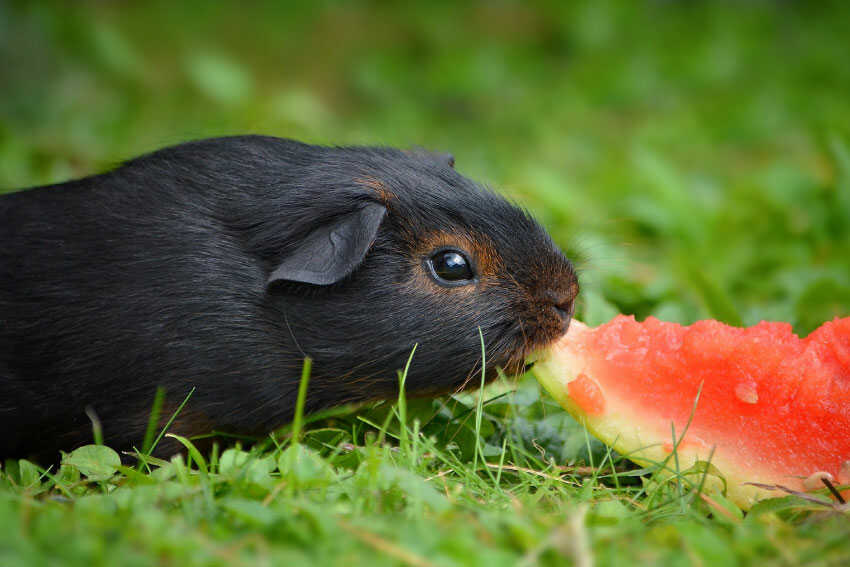
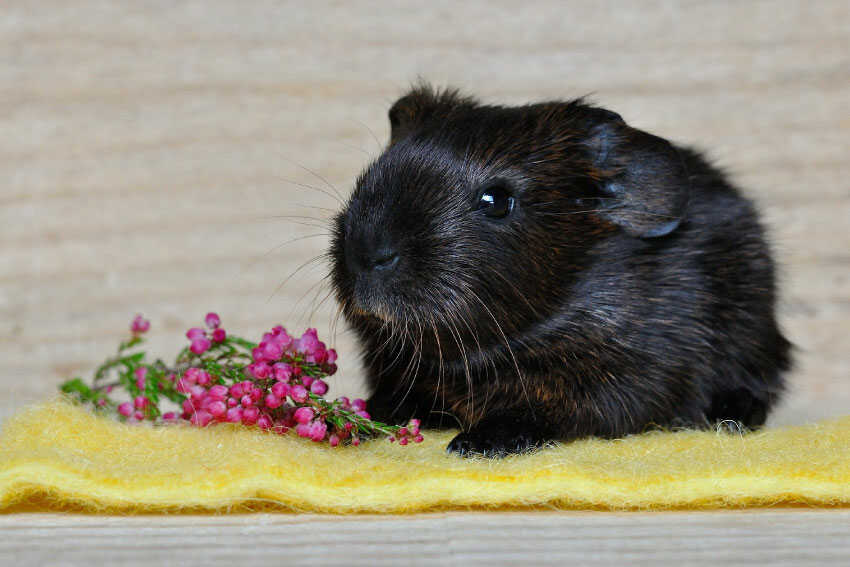










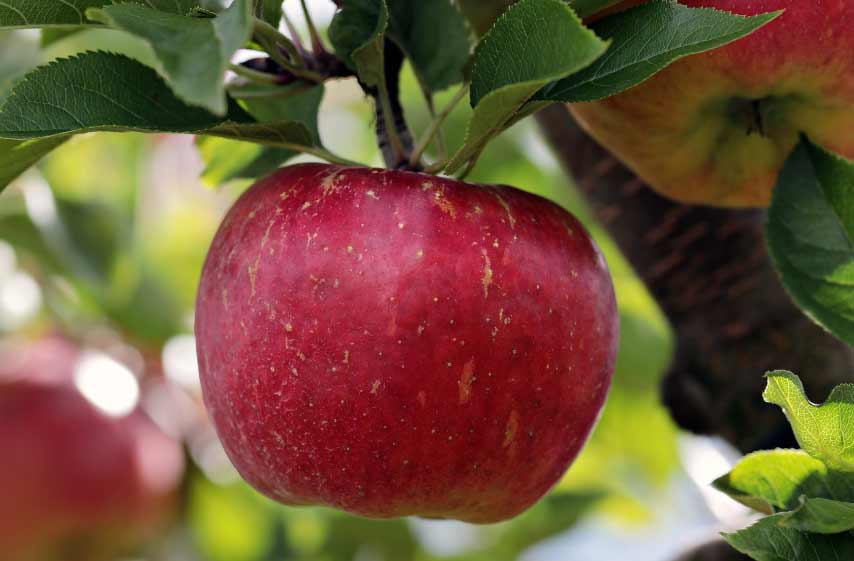

[…] Which foreign pets are legal in Washington State? […]